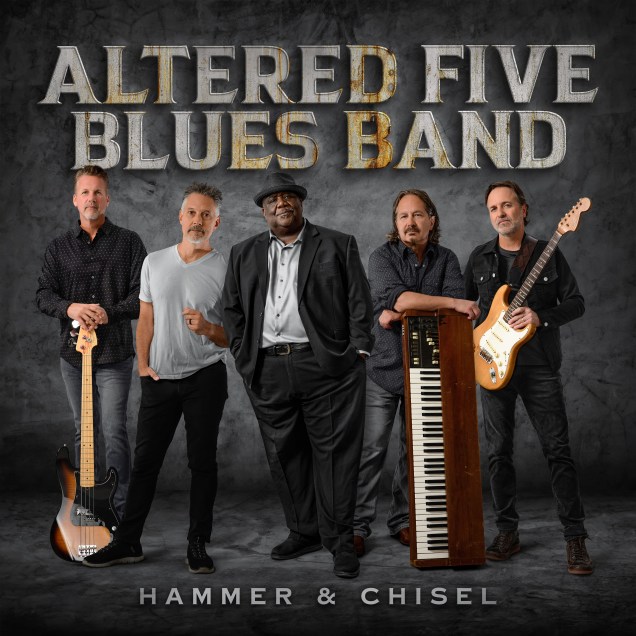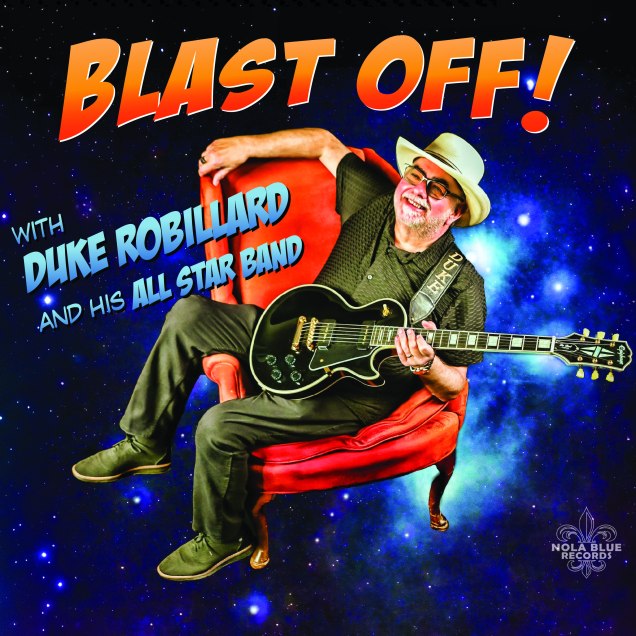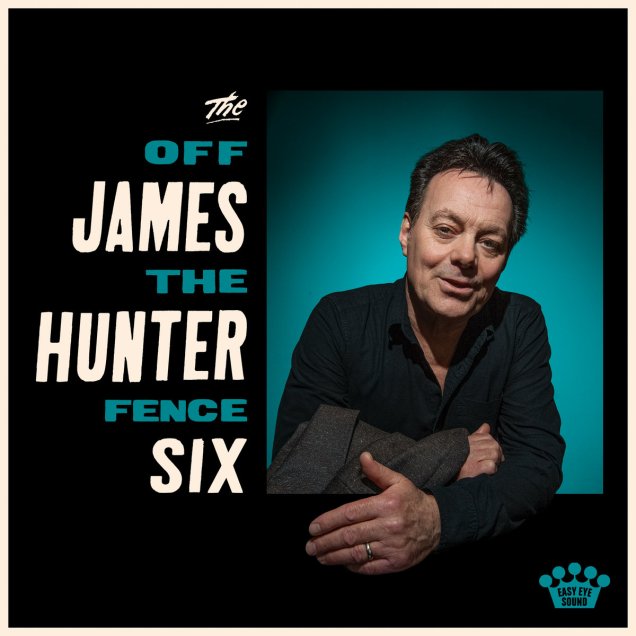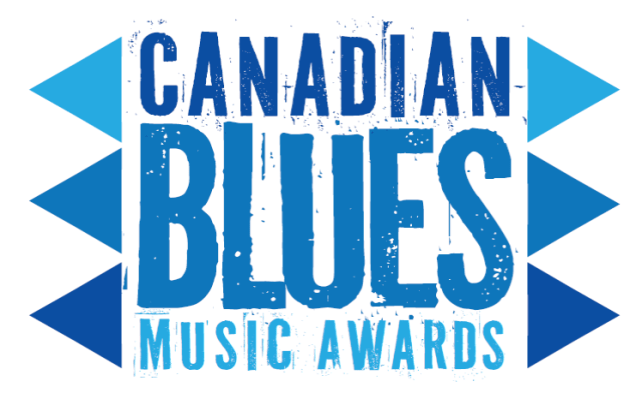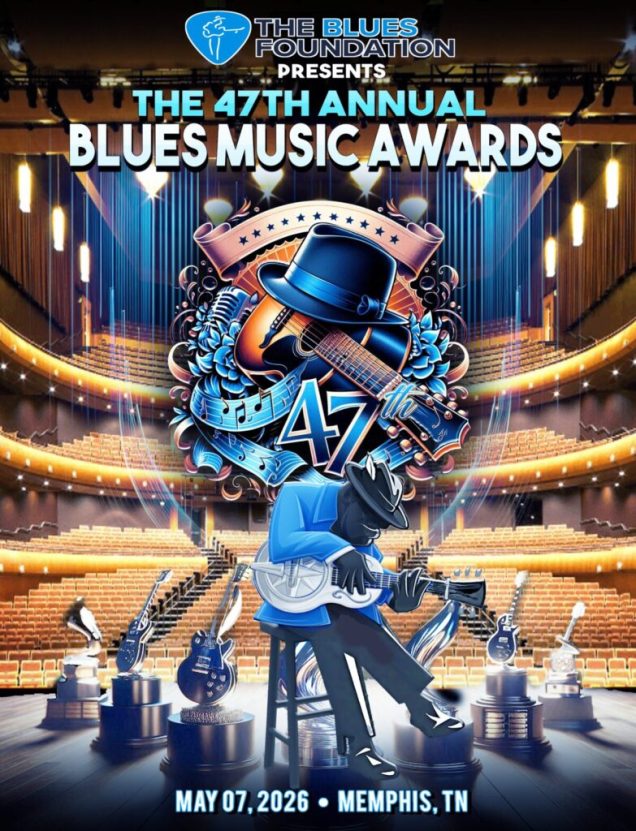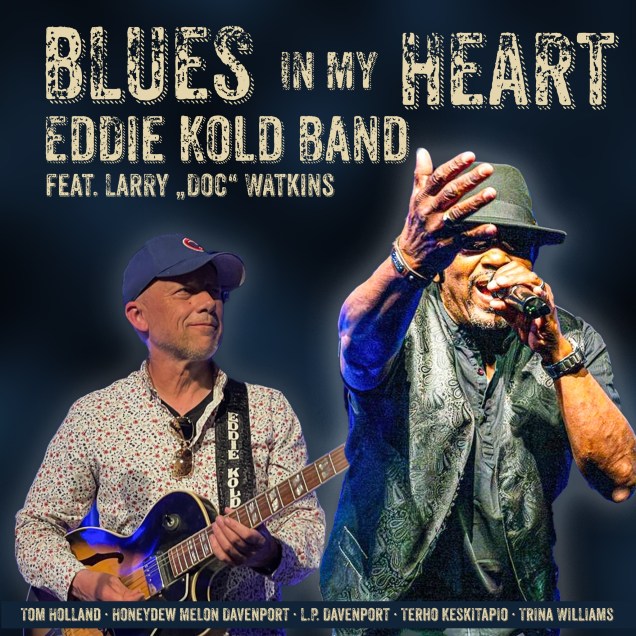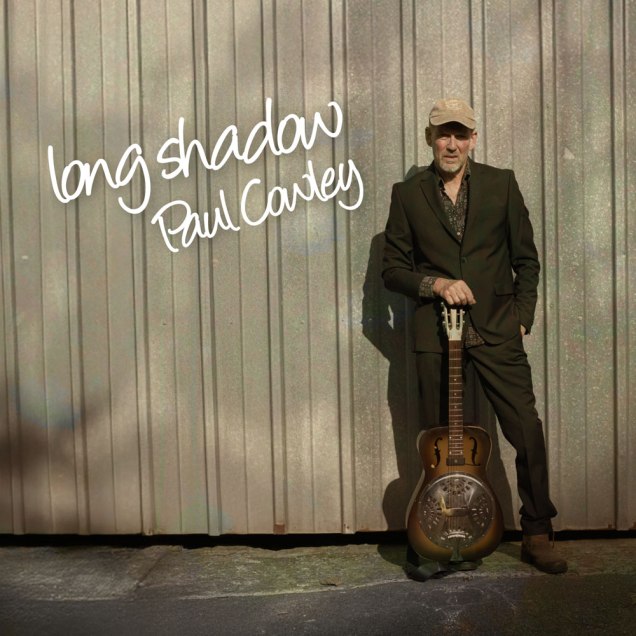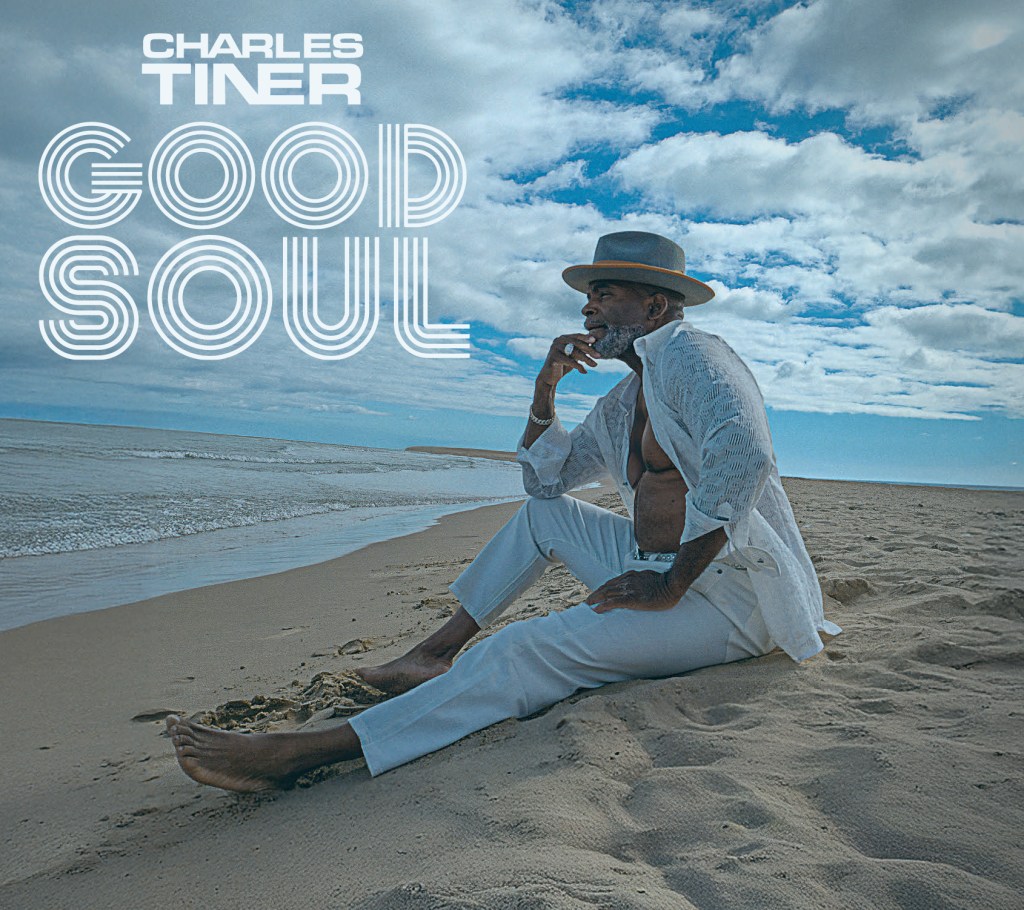Peter Veteska & Blues Train — “Key of V” — Self-Released

Peter Veteska is one of those unsung, hard-working bluesmen who needs much wider recognition than he gets.
He’s in the New York Blues Hall of Fame and a member of Jersey Shore Jazz & Blues Foundation, but he and his band, Blues Train, have brought their swinging blues sound up and down the East Coast, creating a series of albums that have defined their career.
The Train has left the station once again with its latest effort, “Key of V,” the eighth album since the band formed in 2013.
I’ll let Veteska tell the latest album’s origin story:
“When I began working on a new recording project in November 2024, I wasn’t sure where it would lead me. I took it one song at a time every month or so, not rushing to a finish line as I had with past albums. “Key of V” is a collection of ten songs – five originals and five covers – ranging from the 40s, 50s and into the 60s.
“This time around I opened myself to drawing on sounds and genres that spoke to me, regardless of whether each song I covered or wrote fit neatly into the blues “box.” The result is my most personal album to date – one that reflects the variety of musicians and songwriters who have influenced my artistic choices and the band’s path over the years.“
Those choices were excellent. They include standards by Frank Sinatra and Peggy Lee and blues classics from Big Bill Broonzy and Otis Rush. Veteska’s originals are smartly crafted songs with effortless musical backing. The core band for this session includes Veteska on guitar and vocals, Chuck Hearne on bass, Jeff Levine on keys and Alex D’Agnese on drums. Guests are Coo Moe Jhee and Rick Prince on bass, Mikey Junior on harp and Danny Walsh n sax.
Everything gets under way with a deep blue cover of “Checking On My Baby, the Otis Rush version. Veteska’s vocal captures its gritty essence, rocked by a driving B3 solo, leading into a stinging guitar riff. Another blues chestnut follows, a scorching guitar-driven take on Big Bill Broonzy’s “Key to the Highway.”
“Home of the Broken Hearted” is an original upbeat blues with fiery guitar intro to a message from a broken heart: “Drifting in a sea of sorrow, I’m lost without you.” The original rocker “Falling Out of Love Again” spins another lovelorn tale driven by the fierce interplay between Veteska’s guitar and Levine’s throbbing B3.
The original “Tuning Out the Noise” adds Mikey Junior’s harp and Walsh’s sax, creating a touch of ’50s Memphis soul. That leads into another ’50s memory, “Learning the Blues,” a Frank Sinatra track from 1955 given an intimate jazzy feel. “Watch the Love Grow” is a rocking original with a relentless groove that sweeps you into the music. “I Did All That I Could” is another original, an easy rocking blues shuffle with a steady rolling guitar at the wheel.
“Walking by Myself” is a Jimmy Rogers tune, updated here with some tasty Levine piano with a solid Veteska vocal. Everything wraps up with a smoothly sung version of Peggy Lee’s “I Don’t Know Enough About You.” Veteska plays acoustic guitar and brings a sophisticated crooner’s touch to this 1946 gem.
Peter Veteska & Blues Train have engineered a superb session of blues styles in “Key of V.” The songwriting is sharply real, the music is crisp and authentic, and Veteska’s versatile vocals shine in the key of V. Get on board the Blues Train for one great musical ride!
Here’s a sampling of Peter Veteska’s music:
Tracklist:
- Checking on My Baby
- Key to the Highway
- Home of the Broken Hearted
- Falling Out of Love Again
- Tuning Out the Noise
- Learning the Blues
- Watch the Love Grow
- I Did All That I Could
- Walking by Myself
- I Don’t Know Enough About You
